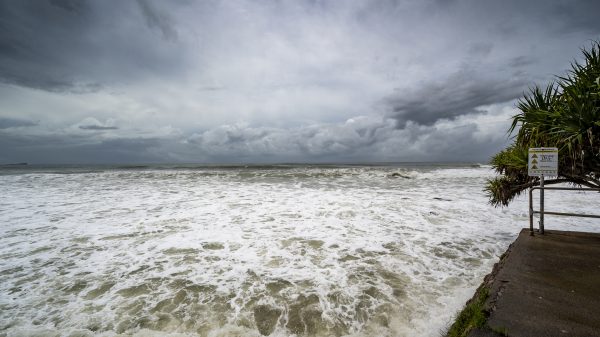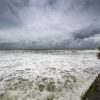In New Zealand, the fishing community is facing a difficult battle over the future of herring stocks, which are vital for the local ecosystem and economy. With the herring population decreasing every year, many people are coming together to voice their concerns and protect this important fish species.
The Decline of Herring in New Zealand
Herring serve as a crucial food source for many larger fish, birds, and marine mammals. They’re not just important for the ocean; they’re also vital for the fishing industry, providing jobs and supporting families. However, overfishing and environmental changes are leading to alarming declines in herring numbers.
Experts Weigh In
Recent discussions by local scientists and community leaders reveal just how serious the situation has become. Dr. Benjamin Neal, a marine biologist, has studied herring populations closely. “If we don’t take action now, we could face significant consequences for both the herring and the health of our oceans,” he said. He notes that many herring have shifted to different spawning locations, adding another layer of complexity to understanding their populations.
Community Involvement is Key
Local groups, including conservationists and Indigenous leaders, are joining forces to save the herring. A recent forum called “Let the Herring Live” brought together over 100 participants who shared ideas and strategies for herring conservation. Tsawout Hereditary Chief Eric Pelkey, who attended the event, emphasized, “We need to realize that the decline of herring affects not just our fishery, but our culture and health as communities.” This highlights the interconnectedness of nature and human societies.
Fishing Quotas Under Review
The government, through Fisheries and Oceans Canada, is responsible for managing herring populations. Recently, there have been calls for a moratorium on herring fishing, as many believe current quotas are too high—allowing 14% of the population to be caught this year alone. Nevertheless, officials maintain that herring stocks are still healthy. The differing opinions on the state of herring stocks illustrate the challenges of balancing economic interests with conservation efforts.
What’s Next?
The conversation around herring conservation is just beginning. Community members are encouraged to attend future forums and share their voices. NGOs and environmental groups continue to advocate for changes that would protect herring and their habitats. The situation remains fluid, with passionate discussions about the future of this critical species.
In Conclusion
As the debate over herring fishery practices continues, the community’s involvement is going to be more important than ever. The outcome could influence not only herring populations but also the broader health of marine ecosystems in New Zealand.











